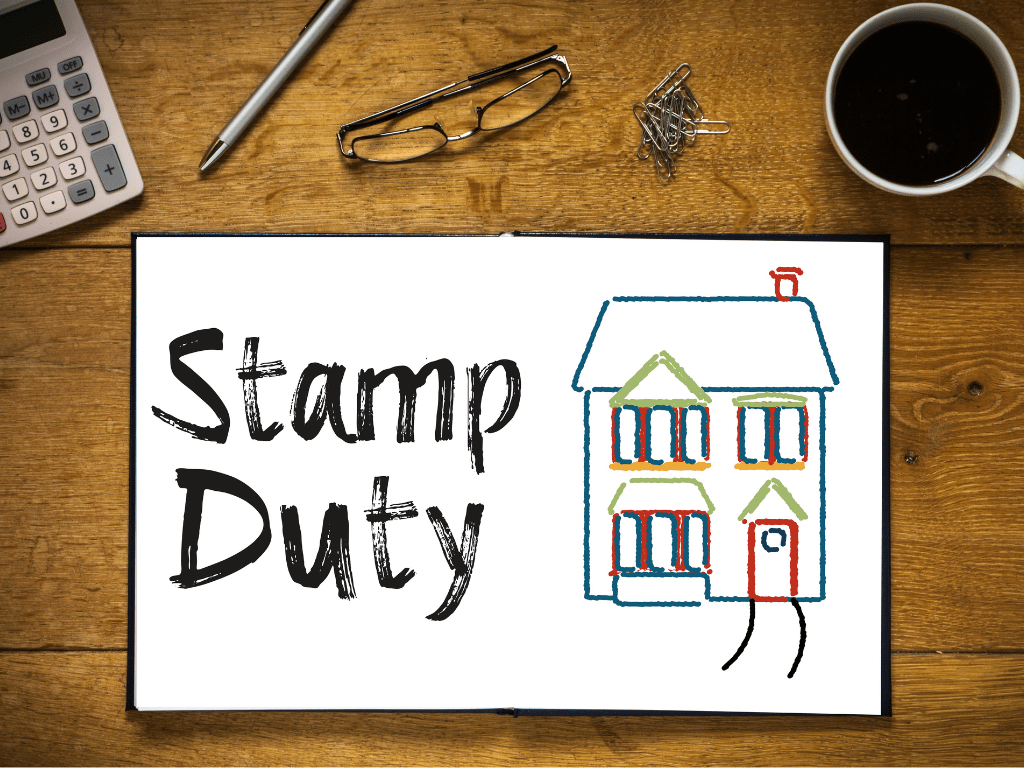
What is Property Tax?
Property Tax, also sometimes known as House Tax, is the tax imposed on real estate owners by the municipal authorities like panchayat, municipality or municipal corporation. In simple words, it is the tax levied directly on property.
In the city of Pune, property tax is levied by the Pune Municipal Corporation (PMC), which is responsible for the administration of various civic services and infrastructure projects in the city. Property tax is one of the primary sources of revenue for the PMC, and is used to fund a range of projects and services such as road maintenance, sanitation, water supply, and other civic amenities.Property owners in Pune are required to pay their property tax on an annual basis. The due date for payment of property tax is typically March 31st of every year.
The Property tax in Pune is calculated based on the Annual Rateable Value (ARV) of the property, which is determined by the PMC based on factors such as the location, size, and age of the property.
What happens if you don’t pay Property tax in Pune?
Failure to pay the property tax on time can result in penalties and interest charges.
If property tax in Pune is not paid by the due date, the PMC may impose penalties and interest charges on the outstanding amount. The penalty for late payment can be up to 2% of the unpaid tax amount per month, or part thereof, until the tax is paid in full. Additionally, the PMC may take legal action against the property owner to recover the unpaid tax amount.
In some cases, the PMC may also attach or seal the property until the property tax is paid in full. This means that the property cannot be sold or transferred until the outstanding tax amount is settled.
It’s important for property owners in Pune to pay their property tax on time in order to avoid these penalties and legal consequences. If there are any issues or disputes regarding the property tax assessment or payment, property owners can contact the PMC’s property tax department to seek resolution.
If you want to check Property tax rates in Pune then click here.
Property tax in Pune is levied on the owners of all types of properties within the PMC’s jurisdiction, including residential, commercial, and industrial properties. The amount of property tax that is levied on a property is based on a number of factors, such as the location of the property, its size, and its usage.
The PMC uses the Annual Rateable Value (ARV) system to determine the value of a property for the purpose of levying property tax. The ARV is calculated by the PMC based on a number of factors, such as the location of the property, its size, and the amenities and facilities that are available in the vicinity of the property. Once the ARV has been determined, the PMC applies a specific tax rate to calculate the amount of property tax that is due for the property.
Where to pay Property tax in Pune?
In Pune, property tax can be paid via online payment, payment through a bank or payment in person at the PMC’s office.
- To pay property tax online in Pune, click on this link.
- Property owners can also make their property tax payment by visiting a designated bank and paying in cash or by check. The PMC has authorized several banks in Pune to accept property tax payments on its behalf. Property owners can find a list of these authorized banks on the PMC’s website.
- Payment in Person: Property owners can visit the PMC’s office in person to make their property tax payment. The PMC has several zonal offices across Pune where property owners can pay their property tax. They can also visit the PMC’s main office at Shivajinagar and make their payment there.
It’s important for property owners to ensure that they make their property tax payments on time to avoid any penalties or legal action. By choosing the most convenient payment mode, property owners can easily pay their property tax and avoid any hassles.
Deductions in Property Tax
Property owners in Pune can claim certain deductions in their property tax, based on investments made in specific areas. Here are a few ways in which property owners can claim deductions in their property tax:
- Rainwater harvesting: Property owners in Pune can claim a deduction in their property tax if they have installed a rainwater harvesting system on their property. The deduction is calculated based on the cost of the system, and can be 5% and up to 10% of the property tax liability.
- Solar energy: Property owners who have installed solar energy systems on their property can also claim a deduction in their property tax. The deduction is calculated based on the cost of the system, and can be 5% or up to 10% of the property tax liability.
- Green cover: Property owners in Pune who have maintained a certain amount of green cover on their property can claim a deduction in their property tax. The deduction is calculated based on the area covered by the greenery, and can be 5% and up to 10% of the property tax liability.
- Property in Special Economic Zones (SEZs): Property owners who have properties in designated SEZs in Pune are eligible for a 100% exemption in property tax for a period of five years from the date of commencement of commercial operations.
- Charitable institutions: Property owned by charitable institutions such as trusts or societies can also be eligible for a deduction in property tax. The amount of the deduction varies based on the nature and size of the institution.
It’s important to note that these deductions are subject to change from year to year, and property owners should check with the Pune Municipal Corporation (PMC) to determine what deductions they are eligible for in any given year. Additionally, property owners must provide documentary evidence of their investments or green cover to claim these deductions.
Conclusion
In conclusion, property tax is an important source of revenue for the Pune Municipal Corporation (PMC), which is critical for the development and maintenance of civic infrastructure and services in the city. Property owners in Pune are required to pay their property tax on time, failing which they may be subject to penalties and legal action. However, property owners can also claim certain deductions in their property tax, based on investments made in areas such as rainwater harvesting, solar energy, and green cover. These deductions not only help reduce the property tax liability, but also encourage property owners to invest in sustainable and environmentally friendly practices. It is important for property owners to keep themselves updated on the latest regulations and deductions related to property tax, to ensure that they comply with all relevant rules and regulations and make informed decisions regarding their property investments.



